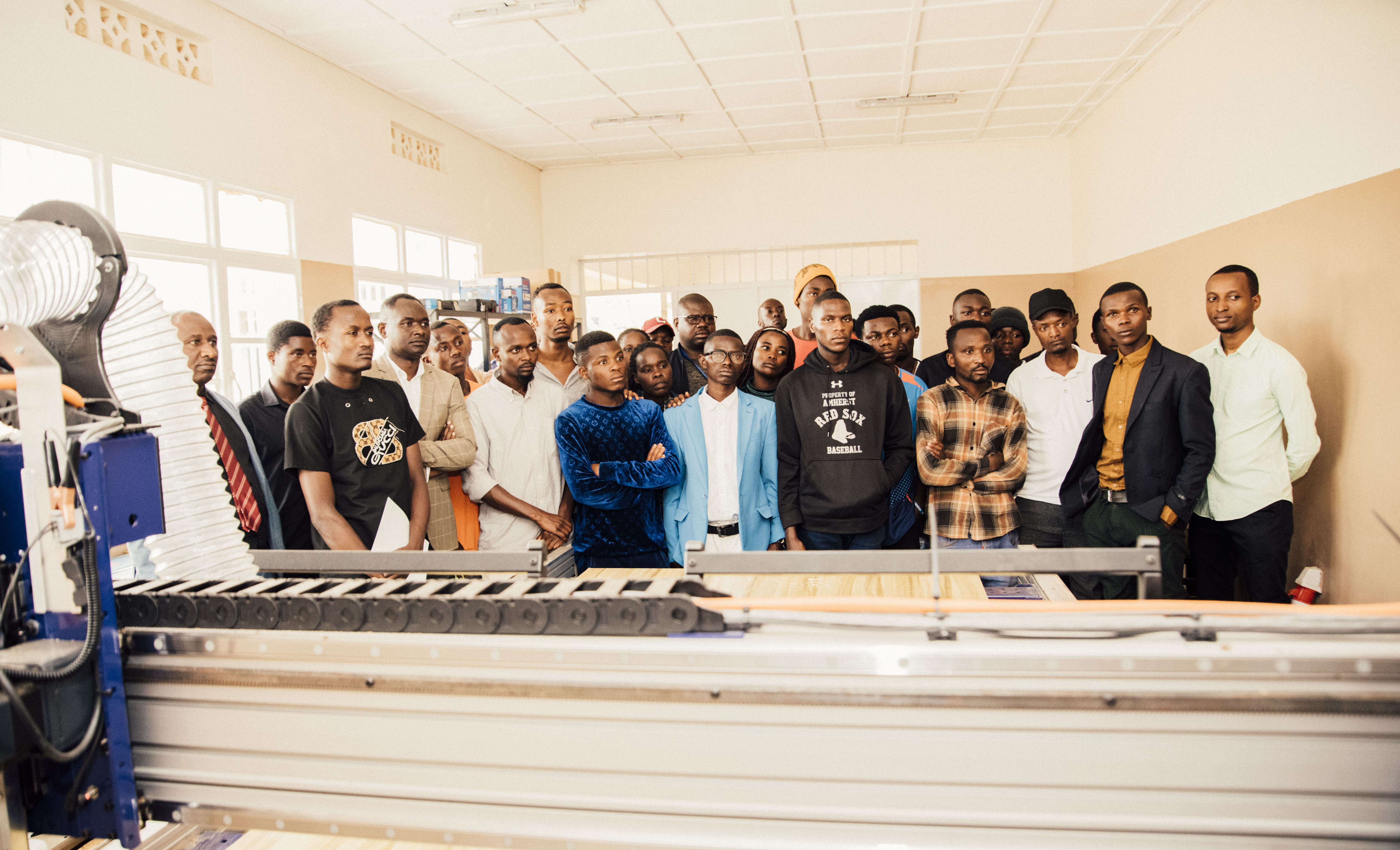ICT Sector Is The New Rwanda Economic Growth Driver. But Why?
Buoyed by the good performance of the ICT sector, the recent figures from the Ministry of Finance and Economic Planning demonstrate that the sector is one of the major contributors to the country's economy.
According
to the Ministry, the ICT sector recorded an impressive growth of 35% in 2023
and 28% in the first quarter of 2024 putting it second to the transport sector
with only a 1%-point difference.
But
what is behind these figures?
The
evolution of industry regulation and policies offers valuable insights into how
regulation can actively support innovation rather than sacrificing it. This
divergence of regulators not being industry police but collaborators is one of
the factors that have enabled the ICT sector to claim its position as the
driver of the country’s economic growth.
This
proactive regulation and political gesture started with the National
Information and Communication Policy and Plan adopted in 2000 and later 2006 -
2010 National Information and Communication Infrastructure (NICI) plan among other objectives laid the foundation for infrastructure
development, human capital development, and a brilliant blueprint on the
integration of ICT in other sectors like Education, Health, and offering
government services.
In 2002
the country had two telecom companies Rwanda Tel and MTN the first foreign and privately
owned company joined the industry in 1998 just when mobile phone ownership was
below 2.5% and now is standing at 78%. Intriguing enough today MTN ranks as one
of the most profitable companies on the land with a net annual revenue of over
Rwf200bn.
Breaking
from the tendency of regulators to lag behind innovators, the friendly
regulatory framework has enabled traditional communication companies to
completely morph establishing new business ventures giving birth to fresh
revenue streams and reinvesting part of the returns to drive up their
penetration and buying new technology.
This is
evident in the Fintech industry whose growth is predominantly driven by the
telecommunication companies responsible for the imposing performance of the
industry particularly the payment cluster with a more than 70% dominance. In
2023 National Bank of Rwanda revealed that in June digital payments had reached
an all-time high of 160% of the total GDP. This can be attributed to the bank’s
decision to suspend all charges on push-and-pull bank transactions.
The
rewards of the penetration and application of ICT are visible in every sector
and they are becoming synonymous with the country’s development. Today 93% of
Rwandans are financially included with 77% accessing and using formal financial
products provided by the banking sector and others from formal non-bank
institutions such as insurance firms, including mobile network operators.
A
second demonstration of the ICT sector as a source and catalyst of economic
transformation with ongoing initiatives like a Rwanda connect and breaking the
monopoly of 4G LTE internet supply, and total automation of SACCOs,
penetration, usage, and application is expected to shoot in the roof in the
next half a decade.
Unfinished
business
The above comments and statistics
may be shading an excellent picture and create a belief that the sector is in
automatic mode but there are still visible black spots with some qualifying as
feasible investment opportunities.
The country is still facing the
challenge of low digital skills which needs to be addressed. The entry of
African Leadership University and Carnegie Mellon University is promising but
enough to supply the industry with needed talents to meet the gap.
With internet penetration, the
collaboration between the government and the private sector has dramatically
reduced the price of the internet now averaging at 0.05USD per 1GB but there is
still a challenge on the affordability of end-user digital devices. Recent
figures from NISR revealed that only 2.5 million people own a smartphone with
22.8% of the total population reported having used the internet 12 months before
the census.
In ICT-enabled financial
services, there is still a challenge of limited interoperability and negative
perception which are acutely affecting the adoption of cashless means of
payment. Rwanda is still underperforming with the Instant Payment System
application and usage compared to its regional peers. According to the State of
Inclusive Instant Payment Systems in Africa 2023 report, the usage of eKash the
only country’s cross-domain IPS was 0.1 percent.
These challenges do not only
retard the spillover effect of excellent adoption and application of the ICT
sector to the entire economy but also act as a fundamental barrier to
innovation.

